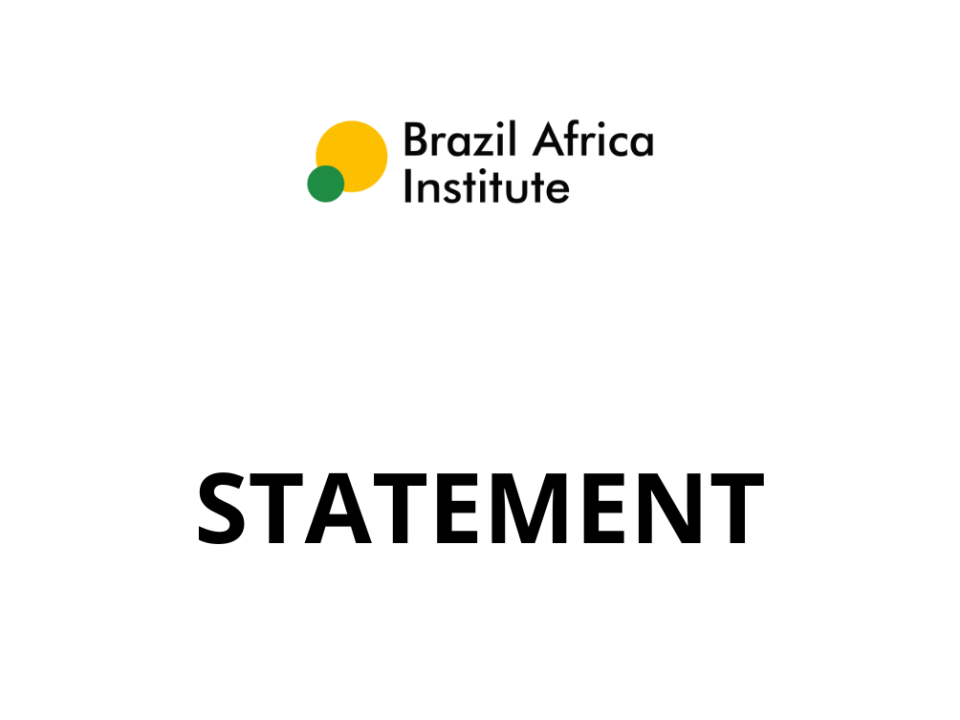Prof. Sarah Agbor proposes to link Education to Sustainable Development

Strengthen Education for Sustainable Development in formal, non-formal and informal settings, including the private sector. This is an urgent need, according to the African Union Commissioner for Human Resources, Science and Technology, Prof. Sarah Anyang Agbor. One of the major African authorities in Education, the Commissioner stressed her point of view in a special lecture in the IBRAF Fellowship Program (IFP), carried out by the Brazil Africa Institute on March 15th.
During her intervention, Prof. Agbor proposed a reorientation of school curricula, so that they start to address sustainability. This adaptation can occur either at the local level, in the classroom, or at the national level.
“It is important that educators, leaders and citizens recognize that sustainable development is an evolving concept and that the list of sustainability perspectives can therefore grow and change,” she said.
The Commissioner also presented a range of tools and resources created for the systematic reorientation of curricula based on public management, considering public participation and transparency as essential elements of sustainability. In all processes, according to her analysis, factors such as gender equity and different social realities must be taken into account.
Prof. Sarah Agbor also showed the strategies used by the African Union to strengthen education through the empowerment of women and young people. “Financing education, life-long learning, training, health, water, entrepreneurship, especially for our youth and women are key factors in advancing the Africa Agenda 2063”.
Looking forward to the future
Education and training are powerful levers for the production of human capital. “Africa’s youth comprise over 60% of the population and we need to develop their competences so that they can face the challenges of the 21st century. By 2063, 46% of the increase in Africa’s labor force will constitute of young people aged 15 to 35. These young people must access and obtain basic, secondary and tertiary level of education and skills and their potentials for innovation, inventiveness, entrepreneurship, employability and responsible citizenship must be unlocked ”, analyzed the Commissioner.
Extra challenge
Prof. Sarah Agbor also recalled that the COVID-19 pandemic has made the universalization of education even more challenging. The spread of the coronavirus promoted the temporary closure of educational institutions, affecting more than 91% of students worldwide. In April 2020, about 1.6 billion children and young people were out of school, and nearly 369 million who depend on school meals needed to seek other sources of daily nutrition.
“Africa cannot afford to miss the opportunities presented by the 4th industrial revolution even more as the COVID-19 health pandemic is predicted to aggravate the already pre-existing vulnerabilities and risks of communities with long-term shadow repercussions specially, in Education particularly for girls and women ”, she reinforced.




